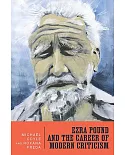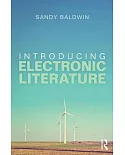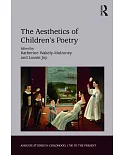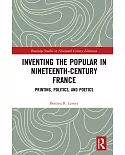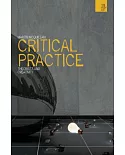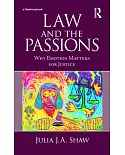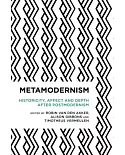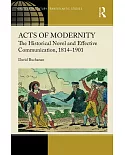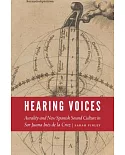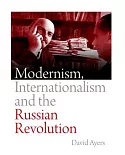Irving Howe and the Critics is a selection of essays and reviews about the work of Irving Howe (1920–93), a vocal radical humanist and the most influential American socialist
intellectual of his generation. Howe authored eighteen books, edited twenty-five more, wrote dozens of articles and reviews, and edited the magazine Dissent for forty years after
founding it. His writings cover subjects ranging from U.S. labor to the vicissitudes of American communism and socialism to Yiddishkeit and contemporary politics. His book World of Our
Fathers: The Journey of the East European Jews to America and the Life They Found and Made received the National Book Award for Nonfiction.
John Rodden has chosen essays and reviews that focus on Howe’s major works and on the disputes they generated. He features both Dissent contributors and those who have dissented from the
Dissenters—on the Right as well as the Left. Rodden includes a few stern assessments of Howe from his less sympathetic critics, testifying not only to the range of response—from admiration to
hostility—that his work received but also to his stature on the Left as a prime intellectual target of neoconservative fire.


